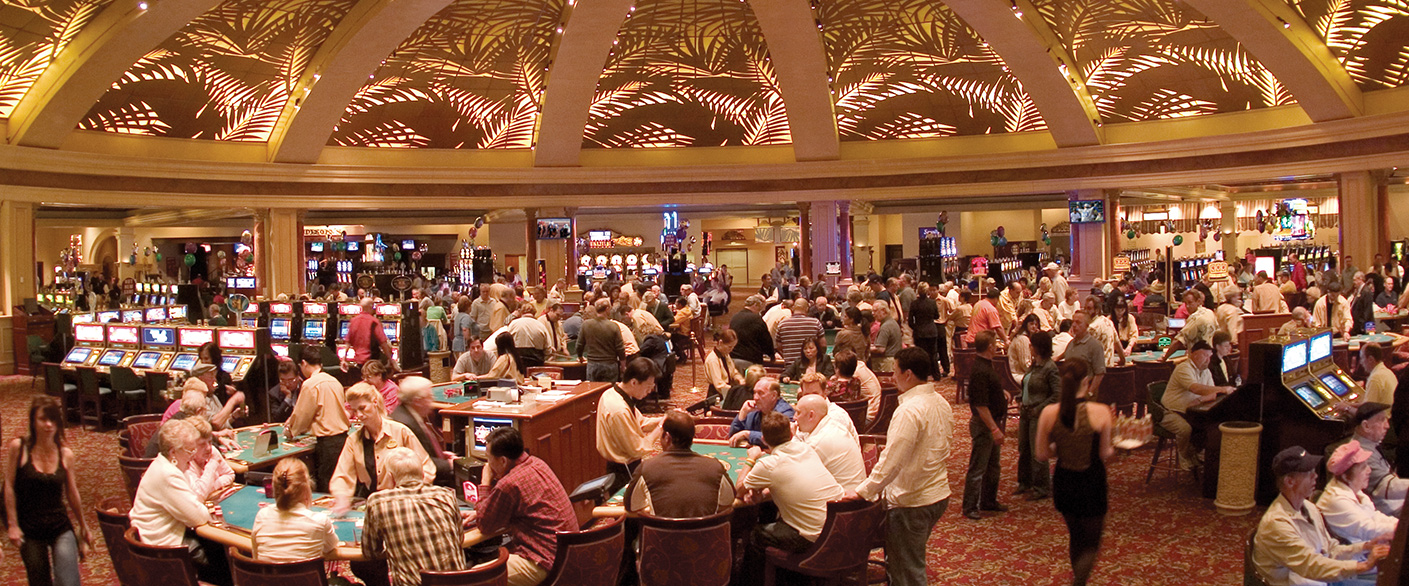
In what way Gaming Experiences Mirror our Human Experience

Casino games have long been a significant aspect of human culture, offering not just entertainment but a intriguing reflection of our dreams, dreams, and concerns. From the spinning reels of a slot machine to the tactical play of poker, these games represent a variety of human sentiments and experiences. At their core, casino games are more than a chance to earn cash; they are a reflection of life itself, where danger and gain merge and fate can change in an instant.
As players convene around tables or sit in front of brightly lit machines, they take part in a ceremony that transcends mere betting. These games mirror our innate desires for social interaction, adventure, and the search for fortune. They also reveal deeper truths about human nature, such as our relationship with fate and the thrill of uncertainty. In exploring casino games, we discover not only the mechanics of play but also the rich tapestry of the human journey, showcasing our woven narratives of goal and reality.
The Mind Behind Gambling
Gambling is deeply rooted in the psyche of individuals, tapping into various feelings and wants. The thrill of risk-taking is a fundamental aspect that attracts participants, be it the thrill of spinning a roulette or the excitement of drawing a winning card in a poker game. This adrenaline is often compared to other forms of excitement, as the unpredictability of outcomes elicits a unique psychological response. Gamblers often become entranced by the possibility of winning big, leading to an almost magnetic draw toward casino games.
Another, an essential component of the psychology behind gambling is the concept of optimism and aspiration. Players often indulge in dreams of financial freedom and the luxurious lifestyle that can accompany winning. This optimism fuels their continued participation in gambling, as it provides a sense of purpose and the conviction that a transformative win could be just one wager away. The story of beating the odds and finding success resonates with many, strengthening their commitment to play and engage with these games.
Finally, social aspects play a crucial role in gambling psychology. Casino environments are designed to promote social interaction, where gamblers gather to share the journey of wins and losses. This shared aspect not only enhances enjoyment but also influences behavior, as individuals often imitate the actions of others around them. The collective approval found in shared excitement can magnify the emotional experience, making casino games a mirror of not just personal desires but also shared involvement within the gambling community.
### Risk and Reward: A Double-Edged Sword
Gambling activities embody the subtle balance between risk and gain that resonates deeply with human psychology. The thrill of placing a wager is often accompanied by a surge of excitement, as players are confronted with the possibility of a huge payout, yet fully aware of the risk to lose. This twofold experience reflects a fundamental aspect of life: the choices we make often come with inherent risks, and the quest for benefit can drive us to embrace risks we might not otherwise consider. In this way, gambling activities reflect real-world choices, enticing players to gamble not just their capital, but also their aspirations. bookmakers not on GamStop
The allure of grand jackpots and payouts fuels a wave of hope, motivating players to imagine a better future that could emerge from a lucky spin of the roulette or dealing of a hand. This optimism can motivate individuals to engage in more daring actions, urging them to push their boundaries in search of economic benefit. However, just as in life, the results of these decisions can lead to both victory and loss. The stories of both big winners and those who have suffered everything at the tables demonstrate the unpredictable nature of chance and its impactful effect on our lives.
Ultimately, the interaction of engaging with gambling activities serves as a vivid illustration of the nature of humanity. Every round played is filled with the tension of risk, as players weigh the gains against the dangers. This dynamic not only highlights the excitement that comes with gambling but also unveils the vulnerabilities that come with the urge for more. As we explore the challenges of decision-making and consequence in both the casino and in life, we find that the quest for gain shapes our character and lives in deep ways.
Society and Loneliness in Casino Culture
Gambling culture is a unique combination of communal interaction and personal pursuit, reflecting the tensions of individual experience. Gamblers often come together around tables, experiencing in the thrill of the game, celebrating wins, and commiserating over losses. This communal aspect is crucial, as it creates a sense of community and bonding among varied groups of individuals. Regular attendees to gaming establishments may build friendships and develop routines, turning the casino into a alternative home where they experience connected to a greater community of players.
However, the attraction of gambling activities can also lead to isolation. As players become immersed in the thrill of playing, they may withdraw from personal connections or neglect to interact with the environment outside the casino. For some, the pursuit of a jackpot can overshadow real relationships, leading to loneliness. The experience of being among people yet experiencing solitary is not uncommon, as the attention shifts from shared enjoyment to the private stakes of each player’s journey.
This interplay of society and isolation creates a vivid mosaic that defines casino atmosphere. It highlights the complexity of social interactions, where happiness and despair exist together. Gambling venues serve as both a refuge for social engagement and a platform for individual struggles, demonstrating how deeply entwined our desire for companionship and the individual quest for wealth can be. In navigating this environment, gamblers confront their own stories—seeking both the thrill of the game and the companionship of other gamblers, ultimately mirroring the broader spectrum of human experience.